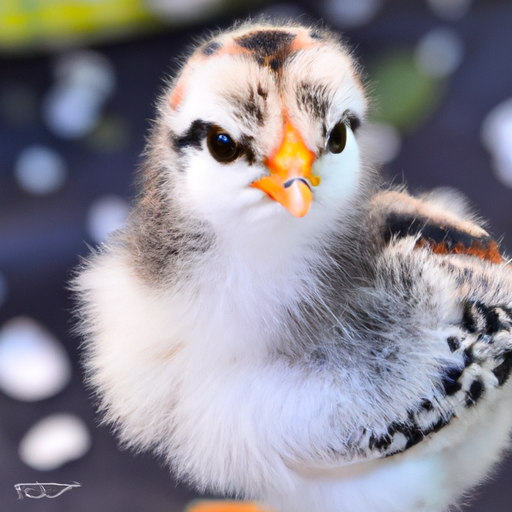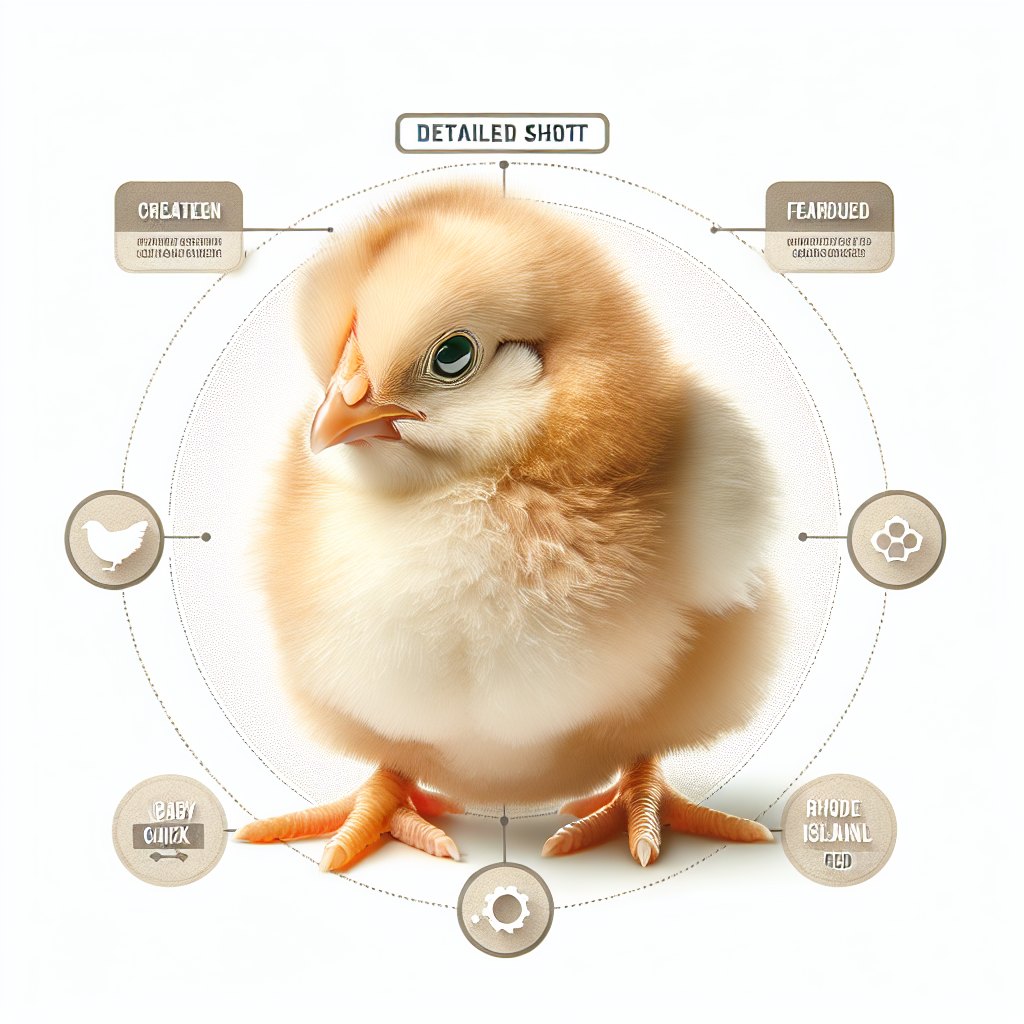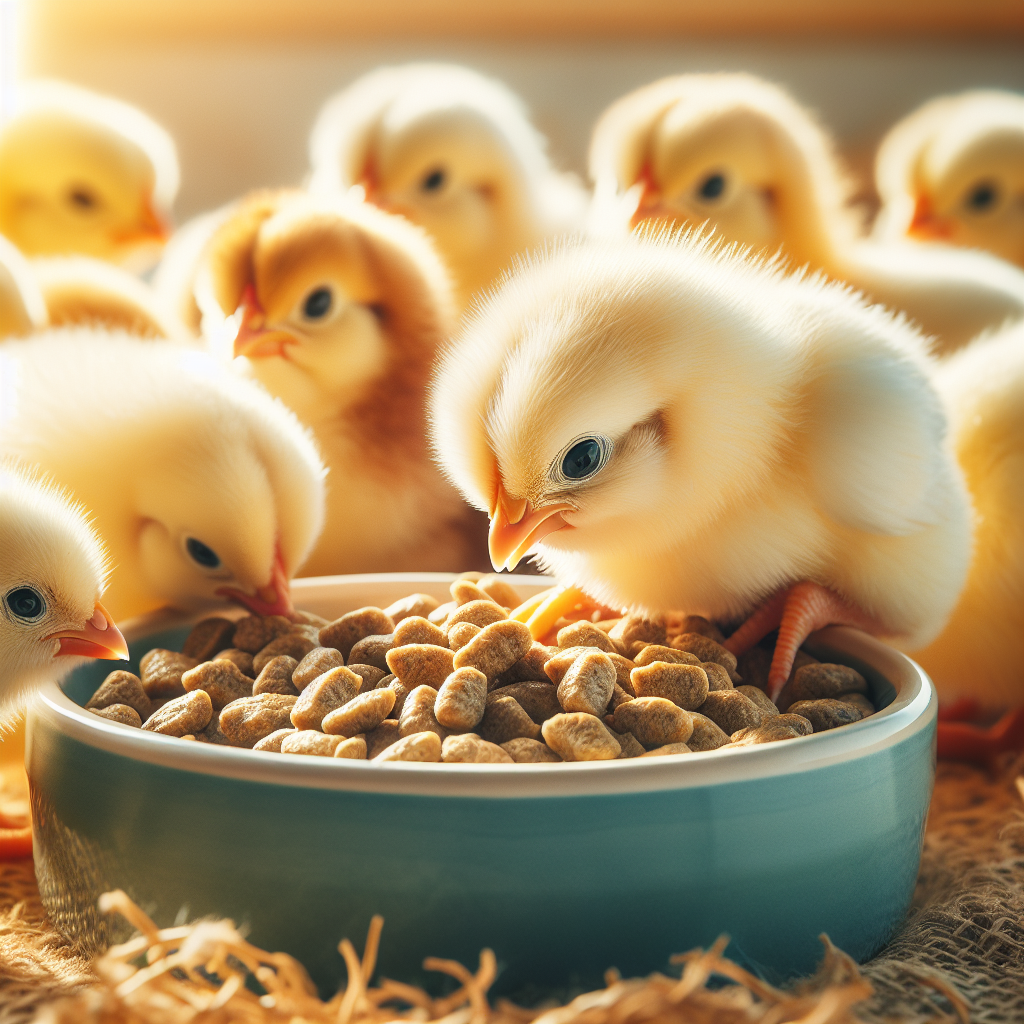If you’re a novice chicken owner, navigating the world of poultry health care can feel overwhelming. One crucial aspect of keeping your baby chickens healthy is ensuring they receive the appropriate vaccinations. But what vaccination schedule is recommended for these adorable fluffy creatures? In this article, we’ll explore the recommended vaccination schedule for baby chickens, providing you with the essential information you need to keep your feathered friends happy and protected. So, let’s dive into the fascinating world of poultry vaccinations and ensure your chicks start their lives on the right foot!
Vaccination Schedule for Baby Chickens
Overview
When it comes to raising healthy baby chickens, vaccination plays a crucial role in preventing diseases and ensuring their overall well-being. By following a proper vaccination schedule, you can protect your flock from common poultry diseases and promote a healthier environment. In this article, we will walk you through the importance of vaccination, different vaccination types, common diseases in chickens, and provide a comprehensive vaccination schedule for baby chickens.
Importance of Vaccination
Preventing Diseases
One of the primary reasons for vaccinating baby chickens is to prevent the occurrence of potentially harmful diseases. Poultry diseases can spread quickly and devastate an entire flock, causing significant losses for poultry farmers. By vaccinating your baby chickens, you can greatly reduce the risk of infections and protect them from life-threatening illnesses.
Reducing Mortality Rate
Vaccination also plays a vital role in reducing the mortality rate among baby chickens. Many poultry diseases can be fatal, especially to young and vulnerable animals. By ensuring that your chicks receive timely vaccinations, you can minimize the risk of diseases and keep mortality rates low.
Protecting Public Health
In addition to safeguarding the health of your flock, vaccination also helps protect public health. Some poultry diseases, such as avian influenza, can potentially be transmitted to humans, causing serious health issues. By vaccinating your baby chickens, you are not only protecting them, but also minimizing the risk of zoonotic diseases that can affect human health.
Vaccination Types
Vaccinations for baby chickens come in various types, each offering specific advantages and serving different purposes. Understanding the different vaccination types can help you choose the most appropriate vaccines for your flock. Here are the commonly used vaccination types:
Live Vaccines
Live vaccines contain weakened or attenuated forms of the pathogen that causes the disease. These vaccines stimulate an immune response in the chickens, building their immunity against the disease without causing illness. Live vaccines are usually administered orally or through spraying, and they provide long-lasting protection against specific diseases.
Inactivated Vaccines
Inactivated vaccines, also known as killed vaccines, contain killed or inactivated forms of the pathogen. These vaccines are unable to cause the disease, but they still stimulate an immune response to protect against it. Inactivated vaccines are commonly administered by injection and require multiple doses to establish immunity.
Vectored Vaccines
Vectored vaccines use a harmless vector, such as a virus or bacterium, to deliver antigens from the target pathogen to the chicken’s immune system. The antigens trigger an immune response, providing protection against the specific disease. Vectored vaccines are highly effective and can confer long-term immunity.
Recombinant Vaccines
Recombinant vaccines are created by inserting genetic material from the targeted pathogen into another virus or bacterium. This genetic material generates the proteins that trigger an immune response, resulting in immunity against the disease. Recombinant vaccines are safe and provide excellent protection.
Conventional Vaccines
Conventional vaccines are typically made from inactivated or attenuated forms of the pathogen. They have been used for many years and are still effective in protecting baby chickens from a range of diseases. These vaccines are administered via injection or spray, and multiple doses may be required to establish immunity.
Autogenous Vaccines
Autogenous vaccines are custom-made vaccines produced from bacteria or viruses present on a particular farm. These vaccines are created based on the specific strains found on the farm and can be useful in addressing disease outbreaks. Autogenous vaccines should only be used under the guidance of a veterinarian.
Common Diseases in Chickens
Before establishing a vaccination schedule, it is essential to understand the common diseases that affect chickens. Here are some of the most prevalent diseases you need to protect your baby chickens from:
Newcastle Disease
Newcastle disease is a highly contagious viral disease that affects chickens and other birds. It can cause respiratory problems, nervous system disorders, and high mortality rates. Vaccinating against Newcastle disease is crucial to prevent its spread and minimize its impact on your flock.
Infectious Bronchitis
Infectious bronchitis is a respiratory disease that causes coughing, sneezing, and nasal discharge in chickens. It can also lead to reduced egg production and poor egg quality. Vaccination against infectious bronchitis is essential to protect your flock and maintain optimal productivity.
Infectious Bursal Disease
Infectious bursal disease, also known as Gumboro disease, attacks the immune system of young chickens, causing immunosuppression and increased susceptibility to other infections. Vaccinating against infectious bursal disease is crucial to prevent high mortality rates and ensure the health of your flock.
Marek’s Disease
Marek’s disease is a viral disease that affects young chickens, leading to paralysis, tumors, and mortality. It is highly contagious and can spread rapidly within a flock. Vaccination is critical to prevent the devastating effects of Marek’s disease.
Avian Influenza
Avian influenza, or bird flu, is a highly contagious viral disease that affects both domestic and wild birds. It can cause severe respiratory distress and high mortality rates in chickens. Vaccination against avian influenza can help reduce the risk of infection and protect against strains that may pose risks to humans.
Coccidiosis
Coccidiosis is a parasitic disease caused by protozoa and affects the intestinal tract of chickens. It can lead to diarrhea, weight loss, and decreased growth rates. Vaccinating against coccidiosis is crucial to minimize the impact of this widespread and economically damaging disease.
Fowl Pox
Fowl pox is a viral disease that affects chickens, causing raised wart-like lesions on the skin and mucous membranes. It can reduce feed intake and egg production. Vaccination against fowl pox is recommended to prevent its spread and minimize the negative effects on your flock.
Salmonellosis
Salmonellosis is a bacterial disease caused by Salmonella and can affect various bird species, including chickens. It can lead to diarrhea, dehydration, and even death. Vaccination against salmonellosis can help reduce the risk of infection and protect the health of your flock.
Vaccination Schedule
A well-planned vaccination schedule is essential for the proper immunization of baby chickens. Here is a recommended vaccination schedule for baby chickens:
Day-old Chicks
On the first day of your chicks’ lives, it is crucial to provide them with a strong foundation of immunity. Most day-old chicks receive a vaccine against Marek’s disease to provide early protection against this devastating condition.
Week 1
Around one week after hatching, it is recommended to administer the first round of vaccinations. This includes vaccines against common respiratory diseases such as Newcastle disease and infectious bronchitis. Additionally, vaccines for infectious bursal disease and avian influenza may also be given during this period.
Week 2
In the second week, continue to build your chicks’ immunity by administering vaccines for other important diseases. This may include vaccines for fowl pox and coccidiosis, depending on the risk factors present in your environment.
Week 3-4
During the third and fourth weeks, your chicks should receive booster vaccinations to reinforce their immune response. Boosters for Marek’s disease, infectious bronchitis, and infectious bursal disease are commonly administered during this period.
Booster Vaccinations
Regular booster vaccinations should be given to maintain long-term immunity and protection against diseases. The timing of booster vaccinations will depend on the specific vaccines used and the recommendations of your veterinarian.
Conclusion
By following a comprehensive vaccination schedule, you can ensure the health and well-being of your baby chickens. Vaccination plays a vital role in preventing diseases, reducing mortality rates, and protecting public health. Understanding the different vaccination types, common poultry diseases, and the recommended vaccination schedule will help you raise a healthy and thriving flock. Remember to consult with your veterinarian and follow their recommendations for the most effective vaccination program for your baby chickens. With proper immunization, you can enjoy the benefits of a disease-free and productive flock.




